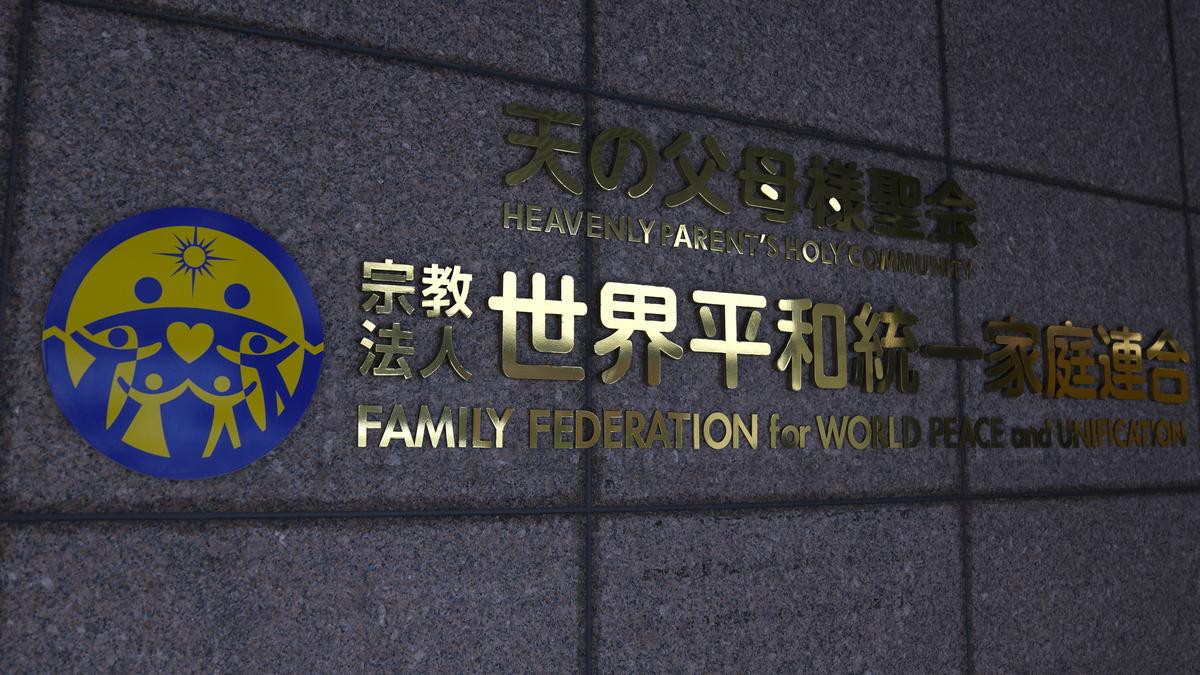
What is the Unification Church and why did a Japanese court order it dissolved?
The Hindu
Controversial Unification Church faces dissolution in Japan after court ruling, accused of manipulative fundraising and recruitment tactics.
A controversial South Korean church with powerful political connections faces dissolution in Japan after a Tokyo court ordered a revokation of its legal status after the government accused it of manipulative fundraising and recruitment tactics that sowed fear among followers and harmed their families.
The Tokyo District court's ruling would end the Unification Church's tax-exempt status in Japan and force it to liquidate its assets. The church said it is considering an immediate appeal to the country's highest court.
The Unification Church has faced hundreds of lawsuits in Japan from families who say that it manipulated members into draining their savings to make donations, but for decades it largely escaped official scrutiny and maintained close links with the governing Liberal Democratic Party.
That changed in 2022, when former Prime Minister Shinzo Abe was assassinated. The man accused of shooting Abe allegedly was motivated by the former prime minister’s links to the church and blamed it for bankrupting his family. The killing drew public attention and prompted investigations into the church's practices and its links to powerful politicians.
The church was founded in Seoul in 1954, a year after the end of the Korean War, by the late Rev. Sun Myung Moon, the self-proclaimed messiah who preached new interpretations of the Bible and conservative, family-oriented value systems.
The church, which officially calls itself the Family Federation for World Peace and Unification, champions anti-communism and the unification of the Korean Peninsula, which has been split between the totalitarian North and democratic South.
The church is perhaps best known for mass weddings where it paired off couples, often from different countries, and renewed the vows of those already married, at places like stadiums and gymnasiums. The group is said to have a global membership of millions, including hundreds of thousands in Japan.

 Run 3 Space | Play Space Running Game
Run 3 Space | Play Space Running Game Traffic Jam 3D | Online Racing Game
Traffic Jam 3D | Online Racing Game Duck Hunt | Play Old Classic Game
Duck Hunt | Play Old Classic Game











